
Bitcoin smashed everything up last year. The little known digital currency skyrocketed so high it dominated headlines by the holidays. But by now we’re seeing what wasn’t so clear in 2017: the revolutionary magic isn’t Bitcoin itself, and it’s not even necessarily cryptocurrency. It’s blockchain technology.
The decentralized ledger at the heart of all blockchains dramatically shifts the distribution of power. Like open source software, it democratizes products, business and transactional relationships. We’re still finding out what it can and can’t do. But here are some of the major ways businesses are leveraging blockchain technology right now.
Financing Through ICO
Instead of groveling for venture capital or launching an IPO, companies built on blockchain are launching ICOs. The result is an armada of businesses big and small developing their own branded currencies. These currencies will, hopefully, theoretically, gain in value like company shares. As the company profits, early investors profit. Everybody’s happy. In theory.
However, 46 to 59 percent of 2017’s ICOs have already gone belly up, and some critics are arguing that launching an ICO is putting a millstone around your company’s neck.
Despite the haters, new ICOs are coming out every week, in virtually every industry imaginable. The finance industry has the biggest slice of these: 14.2 percent of all ICOs are finance related. The remaining 85.8 percent are scattered across dozens of industries, from entertainment to education, all seeing ICO disruption as well.
It’s still anyone’s guess if ICOs have staying power as a business strategy. Time will tell. There’s a theory that ICOs will be short lived this year due to SEC interference, and token offerings will have to take some other form. But for now, ICOs just keep rolling on out.
Smart Contracts
Among the most powerful blockchain advantages for businesses to embrace are smart contracts. Ethereum pioneered this feature, and made it available for companies to use and modify according to their needs. The way it works is pretty simple: person number one specifies a list of conditions; if person two fulfills the conditions, they’re automatically paid in tokens. If they don’t, the tokens are automatically withheld. Kind of like an escrow vending machine. This decentralizes a lot of legal processes, and in many cases removes the need for judges, lawyers and paperwork.
By now, building smart contracts into your ICO is par for the course. The open source, customizable nature of smart contracts makes them useful in ways only limited by the vendor’s creativity. But imagine, for example, standard housing leases replaced by smart contracts. That’s what Rentberry is working on. The result would be a smoother, decentralized experience for both tenants and landlords.
Next Level P2P
The gig economy is still booming, but it’s old enough to be hitting some obstacles. One of the biggest problems with gig economy companies are the companies themselves. How many times did Uber get into hot water last year and make headlines for the wrong reasons? But suppose you could use a ridesharing app that didn’t have a company like Uber at the center of it. Suppose, in other words, it was truly decentralized and P2P.
That’s the idea behind A2B, a fully decentralized taxi token. There are ICOs popping up to challenge AirBnB, too, as well as many other gig economy heavyweights. Why does this matter? Because blockchain technology takes the P2P idea one step closer to full democratization. People transaction with people, unburdened by a centralized entity. The term “sharing economy” might even come back into style.
What Companies Aren’t Doing
These are just a few examples of how companies are using blockchain technology to shake things up. But there’s also reason to consider the companies who are doing nothing with blockchain. Major tech leaders like Google, Amazon and Facebook haven’t bothered to pick up on blockchain technology. Their ambivalence could be a significant red flag. Considering their historical eagerness to get their hands dirty with innovative tech, their silence about crypto is deafening.
Block, Step and Gone
New technologies incite experimentation, failures, and discoveries, and the blow up of blockchain is no exception. Those companies that hit on truly innovative and productive uses will get the early adopter bragging rights. Those that tank will help us rough out the boundaries of what’s possible with blockchain. And those that sit on their hands could miss out. All of this is valuable. And it’s pretty exciting, too. But while 2017 was the year of Bitcoin, it looks like 2018 will be the year of the blockchain revolution.



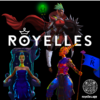


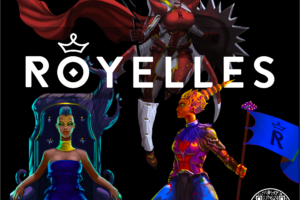

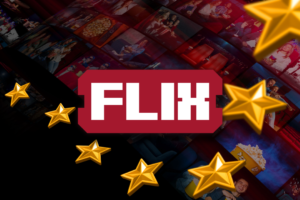

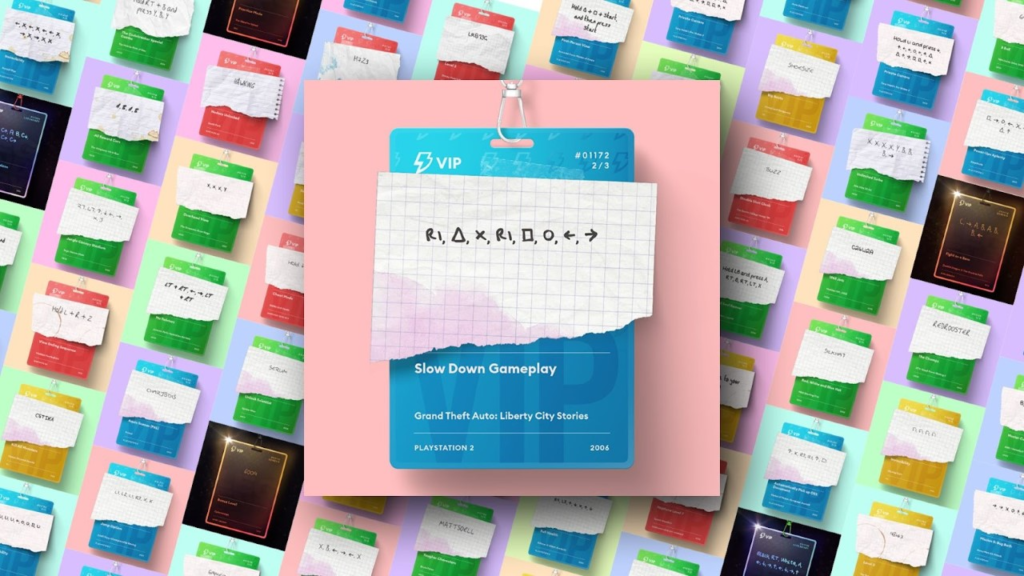
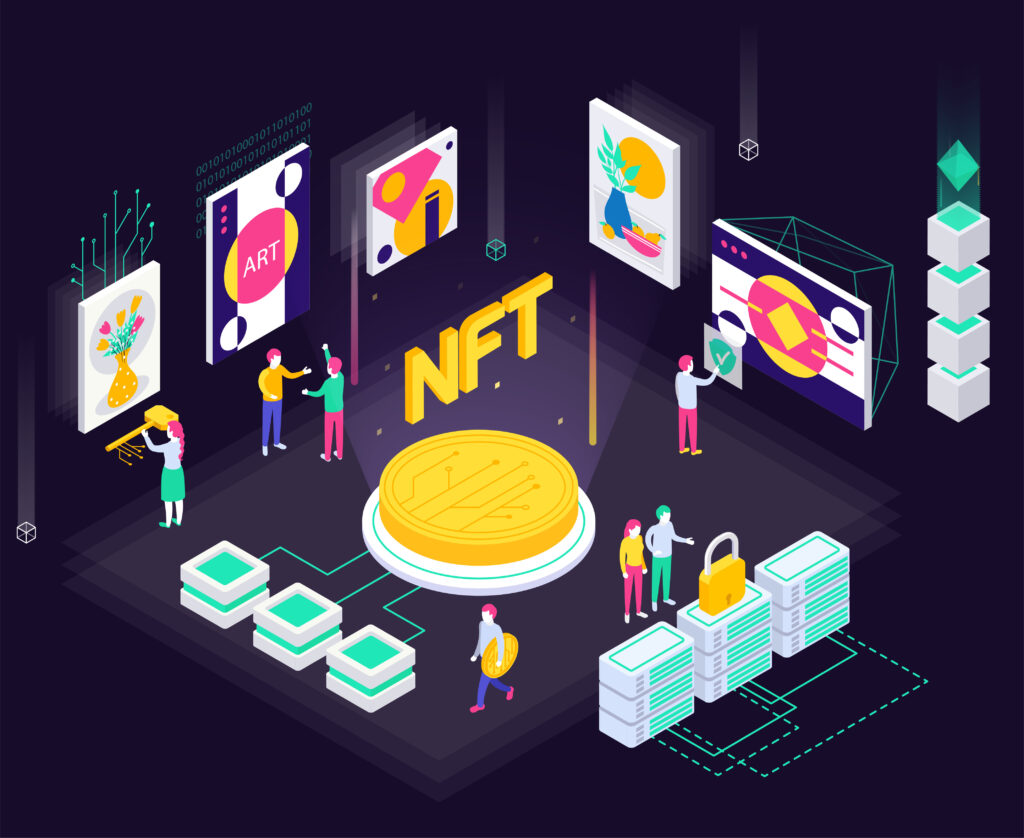




hello!,I really like your writing very much!
percentage we communicate extra about your post on AOL?
I need an expert on this house to solve my problem. May be that’s you!
Looking forward to see you.
Remarkable! Its truly amazing post, I have got much clear idea on the topic of from this
article.
I just like the valuable information you supply in your articles.
I will bookmark your weblog and test once more here regularly.
I’m slightly certain I’ll be informed lots of new stuff proper
right here! Good luck for the next!
If some one wants to be updated with most up-to-date technologies then he must be pay a quick visit this site and be up to date all the time.
tylenol best price https://tylenol1st.com/